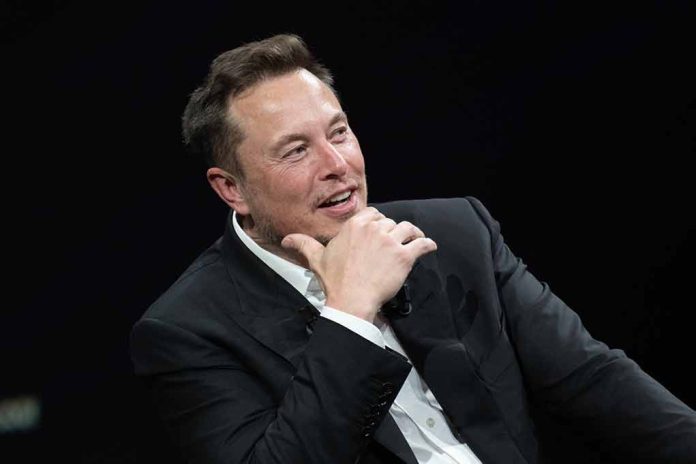
Let’s dive into the wild world of tech legal battles, where the latest showdown features none other than our favorite Twitter-turned-X maverick, Elon Musk. This time, he’s not just picking fights with regulators or short-sellers; he’s taking on his own advertisers. That’s right, folks – the man who bought Twitter to “save free speech” is now suing those who exercised their right to… not spend money on his platform. Oh, the irony! But let’s cut through the snark and get to the meat of this story, because it’s more than just another Musk headline – it’s a potential game-changer for how tech companies deal with advertiser boycotts.
Musk’s Bold Move Against Advertisers
Elon Musk’s decision to sue advertisers who boycotted X (formerly Twitter) marks a significant departure from how tech companies typically handle advertiser disputes. This lawsuit, targeting Media Matters and others, alleges that these entities deliberately misrepresented the placement of ads next to extremist content on X. Musk’s aggressive stance isn’t just about recouping lost revenue; it’s a direct challenge to the practice of advertiser boycotts, which have become a common tactic for applying pressure on social media platforms.
The implications of this lawsuit extend far beyond X. Musk has openly encouraged other companies that have faced systematic advertiser boycotts to join the legal fray. This call to arms could potentially reshape the relationship between tech platforms and their advertisers, setting a precedent for how companies respond to boycott pressures.
Comparative Analysis with Other Tech Legal Battles
Musk’s lawsuit against advertisers stands out in the landscape of tech legal battles due to its unique nature. Unlike most high-profile tech lawsuits that often involve disputes between companies (like Apple vs. Samsung over patents) or between companies and regulators (like Facebook’s battles with the FTC), this case pits a platform against its own revenue source.
To put this in perspective, let’s compare it to other notable tech legal battles:
1. Google’s Antitrust Cases: Google has faced numerous antitrust lawsuits from regulators worldwide. These cases focus on alleged monopolistic practices, whereas Musk’s lawsuit is about protecting his platform’s revenue and reputation.
2. Apple vs. Epic Games: This high-profile case centered on App Store policies and fees. While it involved a dispute between a platform (Apple) and a developer (Epic), it didn’t target the platform’s advertisers directly.
3. Facebook’s Privacy Lawsuits: Facebook (now Meta) has battled various legal challenges related to user privacy. These cases primarily involve regulatory bodies and user advocacy groups, not advertisers.
4. Microsoft’s Antitrust Battle: In the late 1990s and early 2000s, Microsoft faced a major antitrust lawsuit from the U.S. government. This case, while seminal in tech history, focused on monopolistic practices rather than advertiser relationships.
Potential Implications and Industry Impact
Musk’s lawsuit could have far-reaching consequences for the tech industry:
1. Advertiser-Platform Dynamics: If successful, this lawsuit could deter future advertiser boycotts, potentially shifting the balance of power back towards platforms.
2. Free Speech Debates: The case touches on the ongoing debate about content moderation and free speech on social media platforms.
3. Legal Precedent: A favorable outcome for Musk could encourage other tech companies to take more aggressive stances against advertiser boycotts.
4. Media Scrutiny: The lawsuit highlights the complex relationship between tech platforms, advertisers, and media watchdogs.
As this legal battle unfolds, it’s clear that Elon Musk is once again pushing the boundaries of conventional business practices in the tech world. Whether this bold move will pay off or backfire remains to be seen, but one thing’s for certain: it’s forcing us to reconsider the dynamics between social media platforms, their advertisers, and the broader implications for free speech in the digital age. Stay tuned, fellow conservatives – this could be the start of a significant shift in how Big Tech operates in the face of advertiser pressure.
Sources
More from Around The Web
ELON MUSK’S OPENAI LAWSUIT: A TECH LAWYER REACTS
ELON MUSK SUES OPENAI AND FISKER SHARES PLUNGE
WHAT ELON MUSK’S LAWSUIT AGAINST OPENAI MEANS FOR TESLA
ELON MUSK VS. OPENAI – THE LAWSUIT













